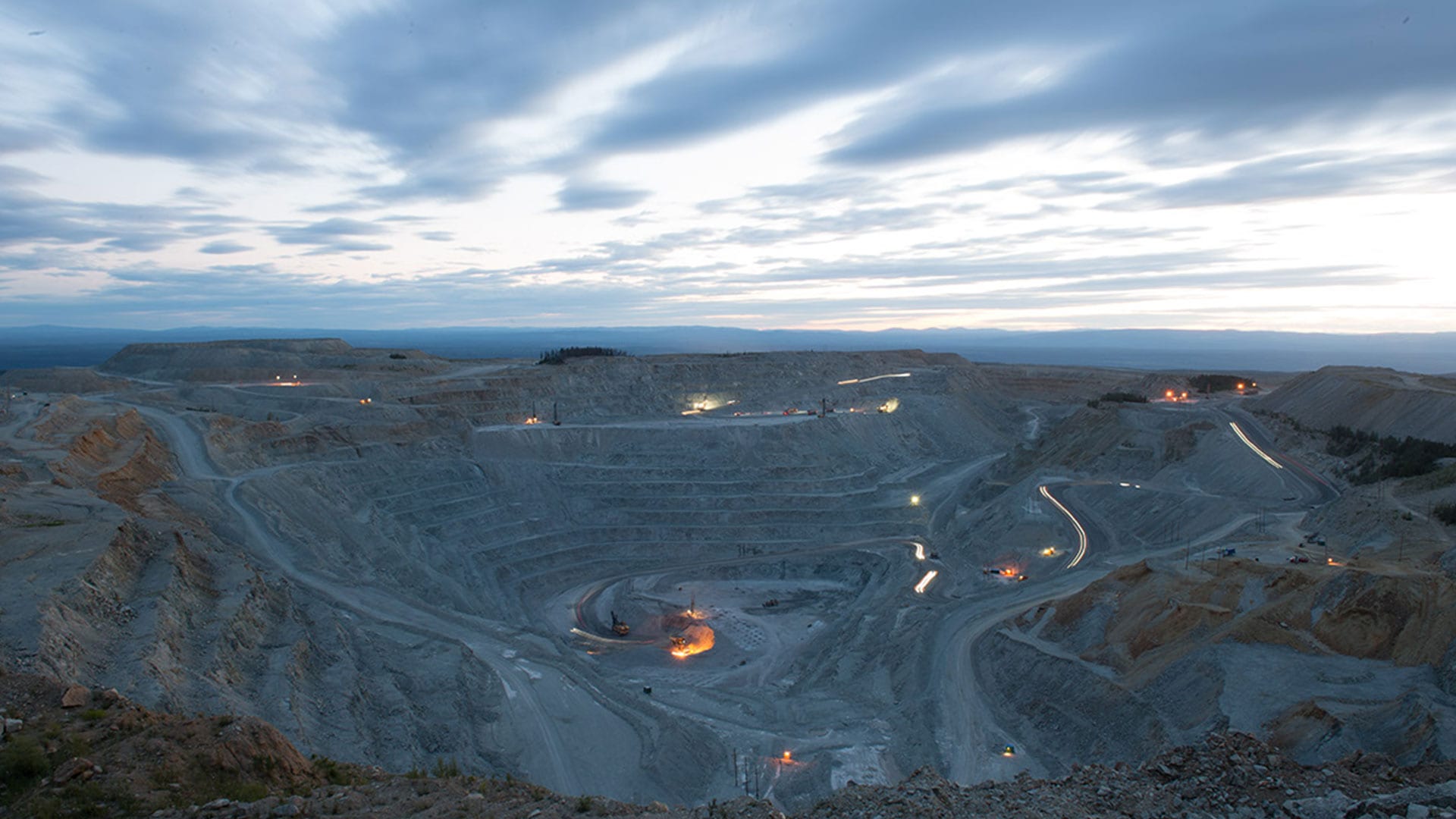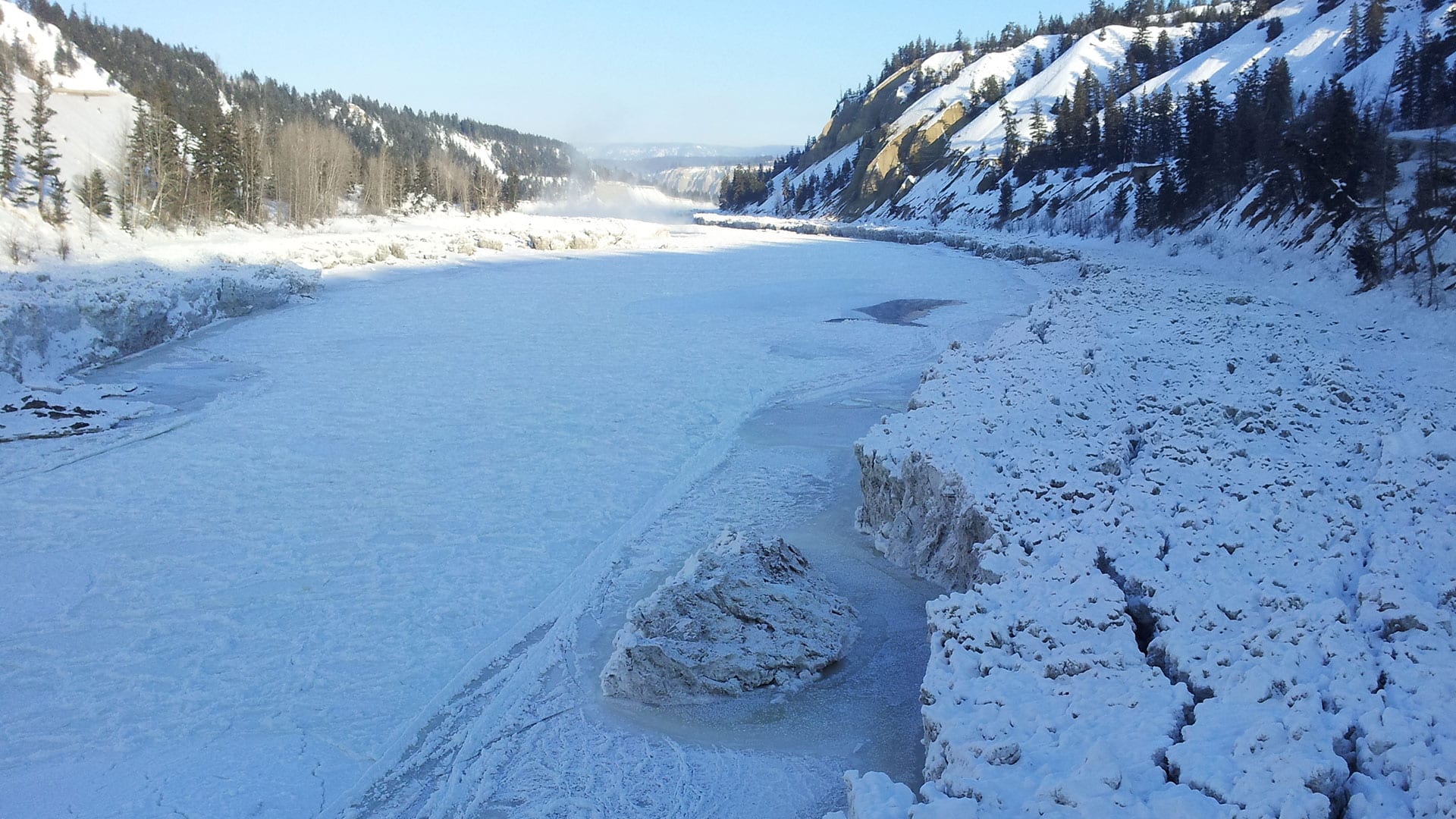The Tŝilhqot’in National Government is challenging a 2019 amendment for Gibraltar Mine that proposes to increase discharge into the Fraser River by 50 per cent.
The nation is presenting its arguments before the Environmental Appeal Board hearing which started March 15 and is being hosted virtually.
They say the BC Ministry of Environment and Climate change strategy did not properly consult their nations.
The Gibraltar mine, owned by Taseko Mines in Vancouver, is Canada’s second-largest copper and gold mine.
The discharge site is near ?Esdilagh First Nation, A Tŝilhqot’in community located near Quesnel, B.C.

Chad Stump, ?Esdilagh councillor explained his nation’s stance in an interview with APTN News.
“It’s a discharge that is coming from Gibraltar Mine, and they are trying to acquire more volume to be discharged, and we are opposed that,” he said.
The Tŝilhqot’in National Government says they want the amendment revoked or amended to have no increase.
They have concerns of untreated discharge due to the sensitive area. In 2019, the Committee on the Status of Endangered Wildlife in Canada assessed the White Sturgeon of the Upper Fraser River and deemed it to be endangered.
The Fraser River is the largest river in B.C. and has a major salmon run route.
There have been low runs of salmon and made worse after a landslide known as The Big Bar Landslide blocked passage.
Read More:
Salmon swimming past B.C. landslide on their own – but is it enough?
In a media release, Chief Troy Baptiste, ʔEsdilagh First Nation, said, “Our laws are there to protect our land and waters for use by current and future generations. They are not being taken into consideration when our people can’t hunt and fish in places they have for centuries.
“To have a mechanism within the Province of BC that allows for pollution to enter our waterways as long as it is quickly diluted is absolutely appalling. It is up to the Environmental Appeal Board to do the right thing and revoke this 2019 permit.”
APTN requested an interview with Taseko Mines for a comment on the story but didn’t hear back.
The Ministry of Environment and Climate Change Strategy responded with an emailed statement that said effluent levels are safe.
“The site water being discharged is primarily rain runoff, and based on ongoing testing meets with water quality guidelines,” the statement said.
“Ministry staff continue to work with the company, First Nations, including the Tŝilhqot’in National Government, and other agencies to monitor the discharge and ensure water quality guidelines continue to be met.”

The nations say the province needs to do better in recognizing the rights of Indigenous Peoples.
(Chief) Francis Laceese, Tl’esqox said in a statement, “Our rights and laws have been ignored by the Provincial government for far too long. The hearing this week is about holding this government and mining companies accountable for their actions and policies that directly impact our fish, wildlife and waterways,” he said.
“The United Nations Declaration on the Rights of Indigenous Peoples (UNDRIP) has been adopted by the Province of BC but this case is a glaring example of how BC is unable to put their words into action.”
The nations are hoping the appeal board listen to their calls to revoke or amend the permit.
?Esdilagh councillor Chad Stump says the struggle to be at the table with government and industry goes back generations.
“Here in 2021 it’s no different, we still have to protect, and we still have to fight for what is actually right. It’s a constant battle with the government and the industry that are in and around our territories,” he said.









